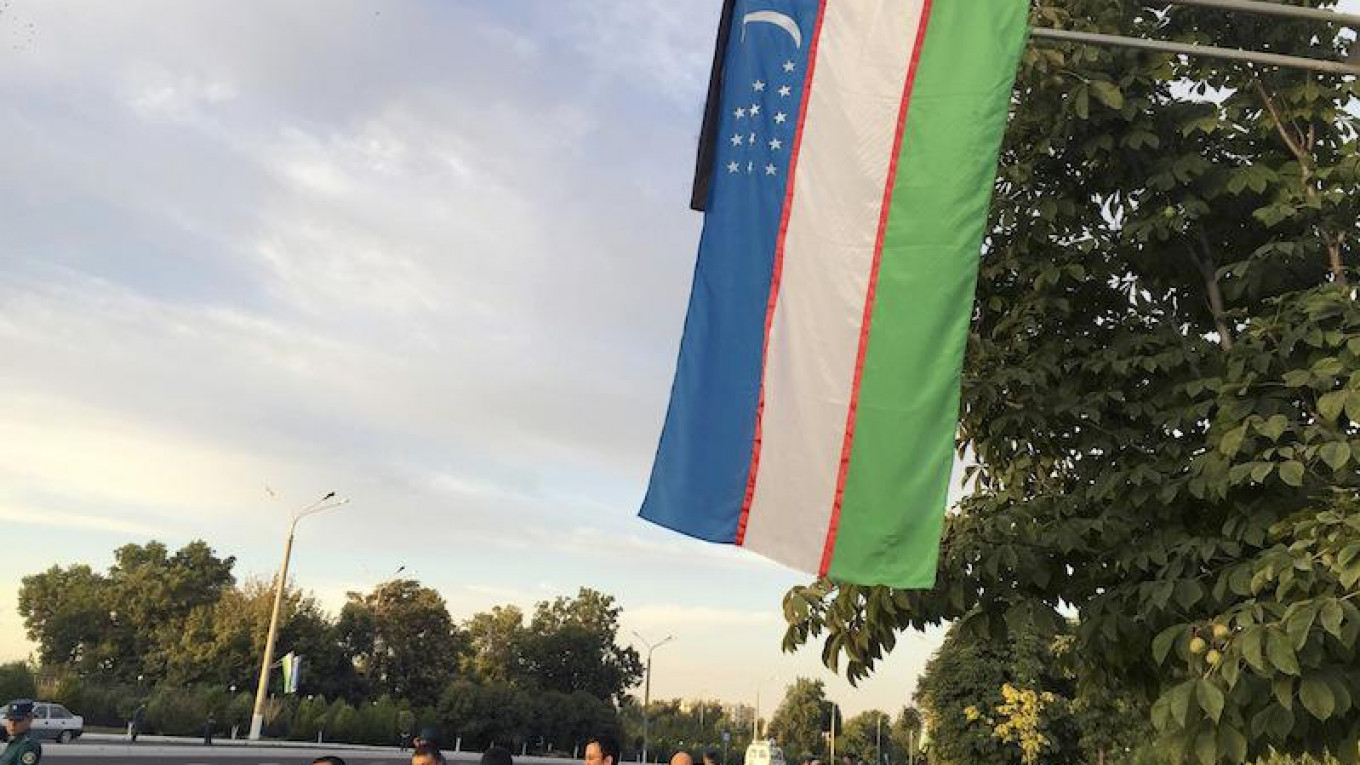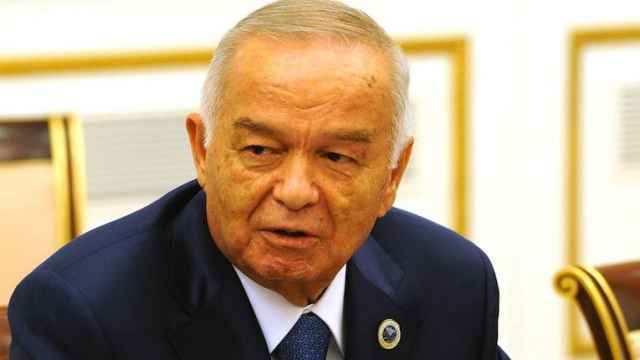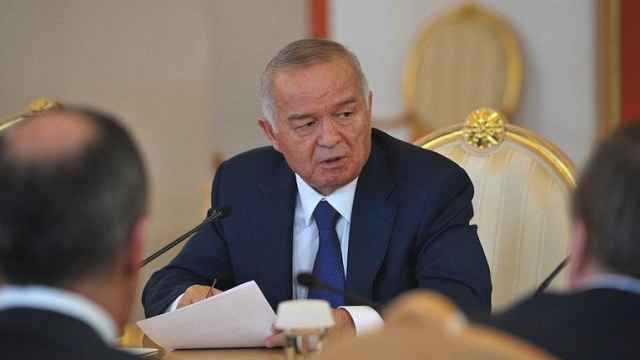After days of speculation about his health, Islam Karimov, the first and only president of independent Uzbekistan, was pronounced dead on Sept. 2.
Karimov’s death has cast the country into uncertainty; analysts have predicted a surge of Islamic fundamentalism, ethnic and regional disputes, confrontation between political clans, and even civil war.
The president’s passing has, perhaps most importantly, touched off a succession crisis: because Karimov did not designate an heir, a political battle to assume the throne is under way in Tashkent. Three men stand out as potential successors: Prime Minister Shavkat Mirziyoyev, First Deputy Prime Minister and Finance Minister Rustam Azimov, and National Security Service (SNB) chief Rustam Inoyatov.
While Mirziyoyev and Azimov are public figures who seem to be ready to run for president (an election is supposed to be held within three months), Inoyatov may act more as a grey cardinal, manipulating Mirziyoyev—his close associate—rather than seeking elected office.
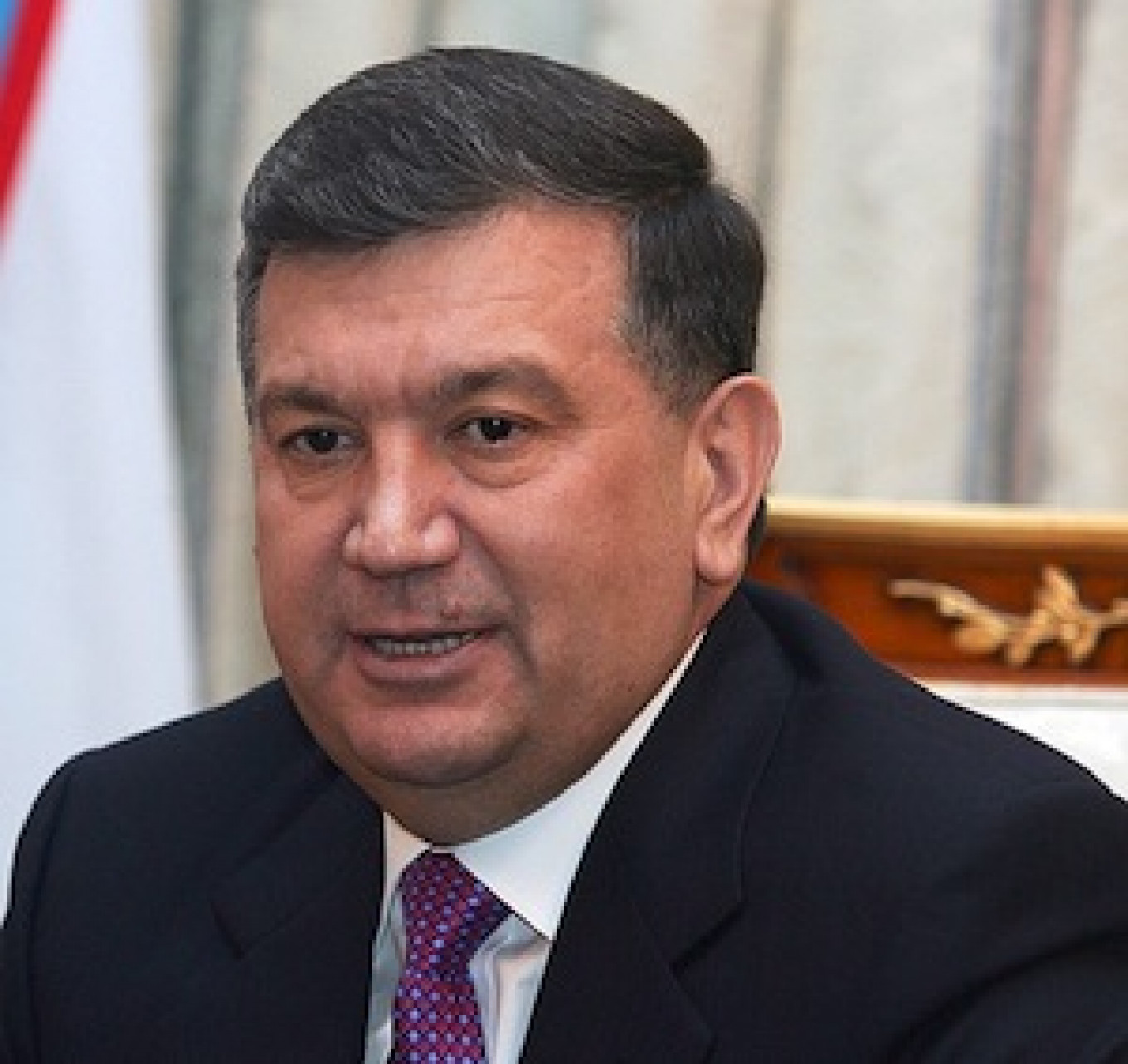
Perhaps the most likely candidate to move into the presidential palace is the fifty-nine-year-old Mirziyoyev, a candidate known for his hot temper. It is said that he routinely insults and hits his subordinates. According to reports from human rights activists, when he was governor of the Dzhizak region, Mirziyoyev beat a local college teacher to death for refusing to bring his students to work in the cotton fields in the pouring rain.
Mirziyoyev is said to be close to the entire Karimov family, as well as to Rustam Inoyatov. There are a great number of theories purporting to explain the alliance between the prime minister and the SNB head, including that Inoyatov planted Mirziyoyev in Karimov’s inner circle so that he would be able to influence the president.
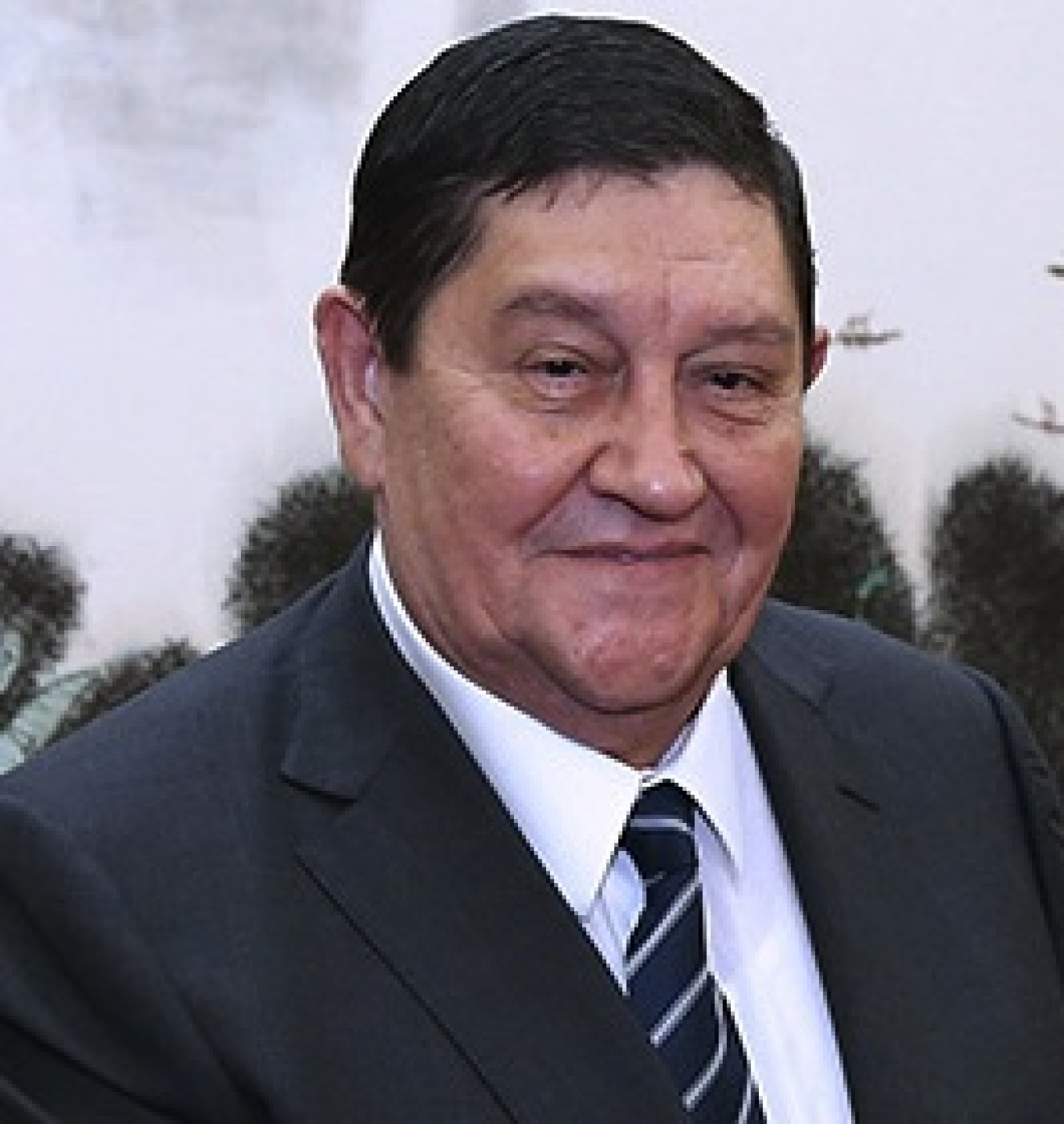
Inoyatov has been at the helm of Uzbekistan’s security service for more than twenty years and controls all of Uzbekistan’s major military and security structures; Inoyatov has his own army that includes Uzbekistan’s most combat-ready detachments. What’s more, some reports suggest that Inoyatov’s people in the presidential administration kept a close eye on Karimov’s communications with the heads of regions and ministries.
The third potential candidate to replace Karimov is Rustam Azimov, who became finance minister in 1998 and whose knowledge of free market principles helped him become a fixture on Karimov’s team. To many in Uzbekistan and the émigré community, Azimov’s name is associated with liberalism: he has a master’s degree from Oxford, which probably makes him the most well-educated man in the government.
That being said, he isn’t altogether different from other Uzbek leaders who ascended to power under Karimov; he just never directly persecuted political dissenters, like Inoyatov, or drove people to the cotton fields en masse, like Mirziyoyev.
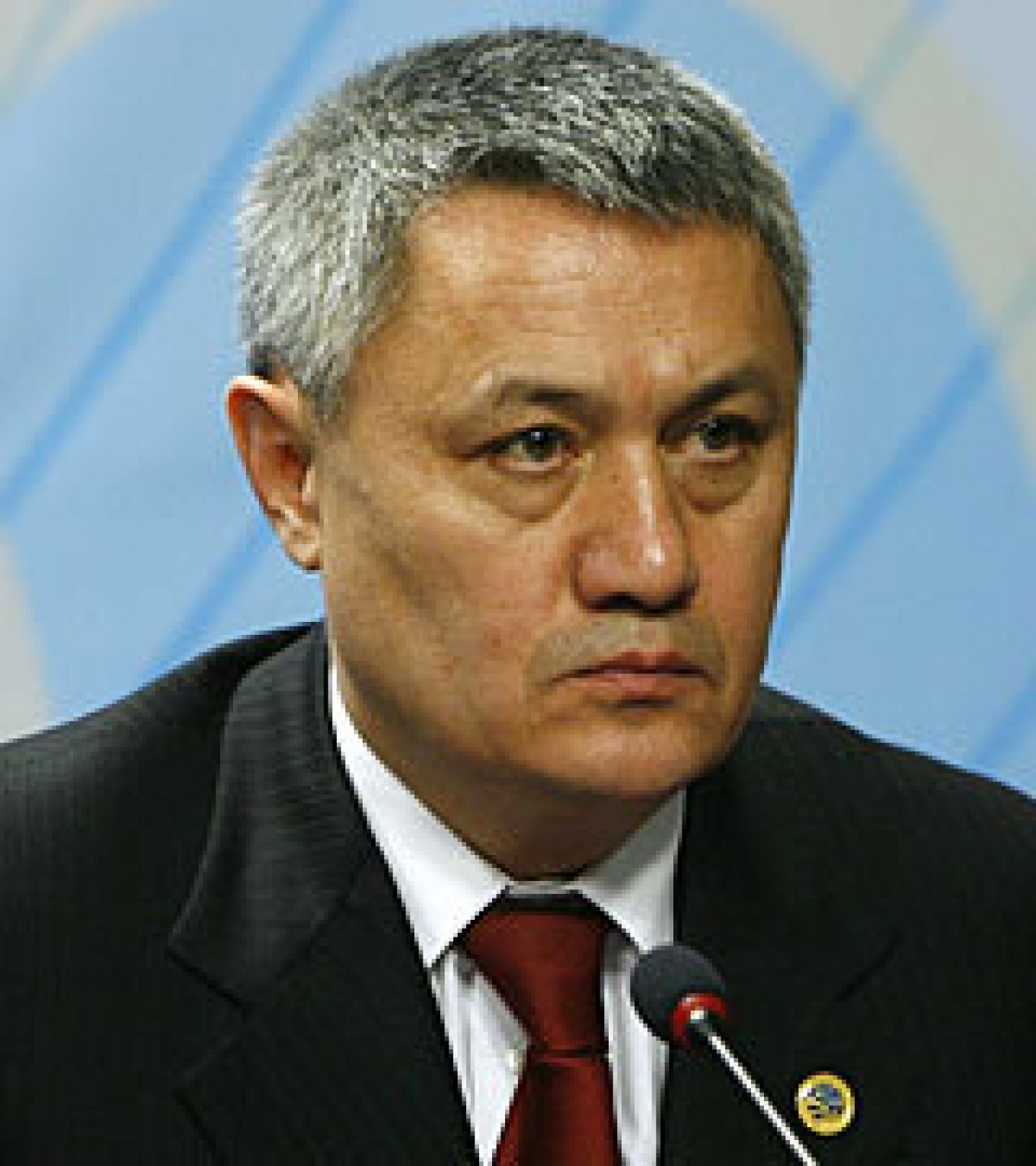
What matters most is these three men’s ability to agree on who will be the next president of Uzbekistan; a protracted power struggle could prove disastrous. One of them—perhaps, Azimov—may be eliminated. It’s also possible that, as in Turkmenistan, the president will be replaced by a second- or even third-tier government official.
In any case, the caution with which officials in Tashkent handled information about the president’s grave medical condition and death suggest that the struggle for power may be only just beginning.
Petr Bologov is an international columnist at Slon.ru.
This article originally appeared on Carnegie Moscow's Inside Central Asia blog.
A Message from The Moscow Times:
Dear readers,
We are facing unprecedented challenges. Russia's Prosecutor General's Office has designated The Moscow Times as an "undesirable" organization, criminalizing our work and putting our staff at risk of prosecution. This follows our earlier unjust labeling as a "foreign agent."
These actions are direct attempts to silence independent journalism in Russia. The authorities claim our work "discredits the decisions of the Russian leadership." We see things differently: we strive to provide accurate, unbiased reporting on Russia.
We, the journalists of The Moscow Times, refuse to be silenced. But to continue our work, we need your help.
Your support, no matter how small, makes a world of difference. If you can, please support us monthly starting from just $2. It's quick to set up, and every contribution makes a significant impact.
By supporting The Moscow Times, you're defending open, independent journalism in the face of repression. Thank you for standing with us.
Remind me later.


